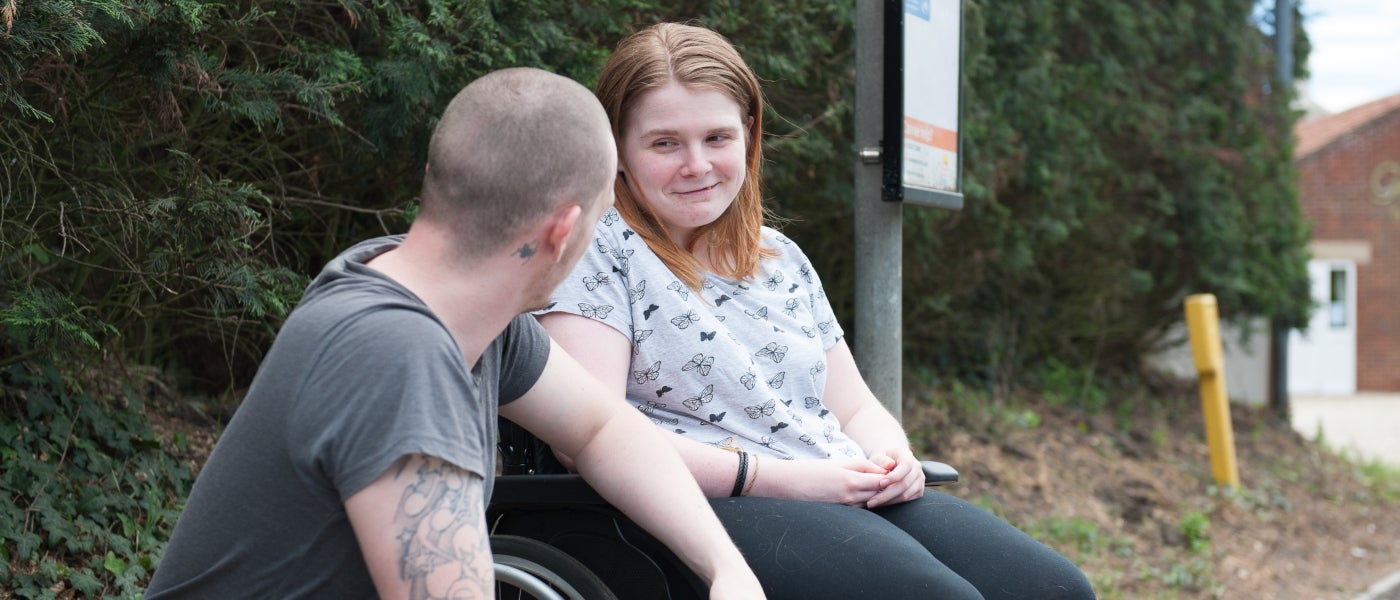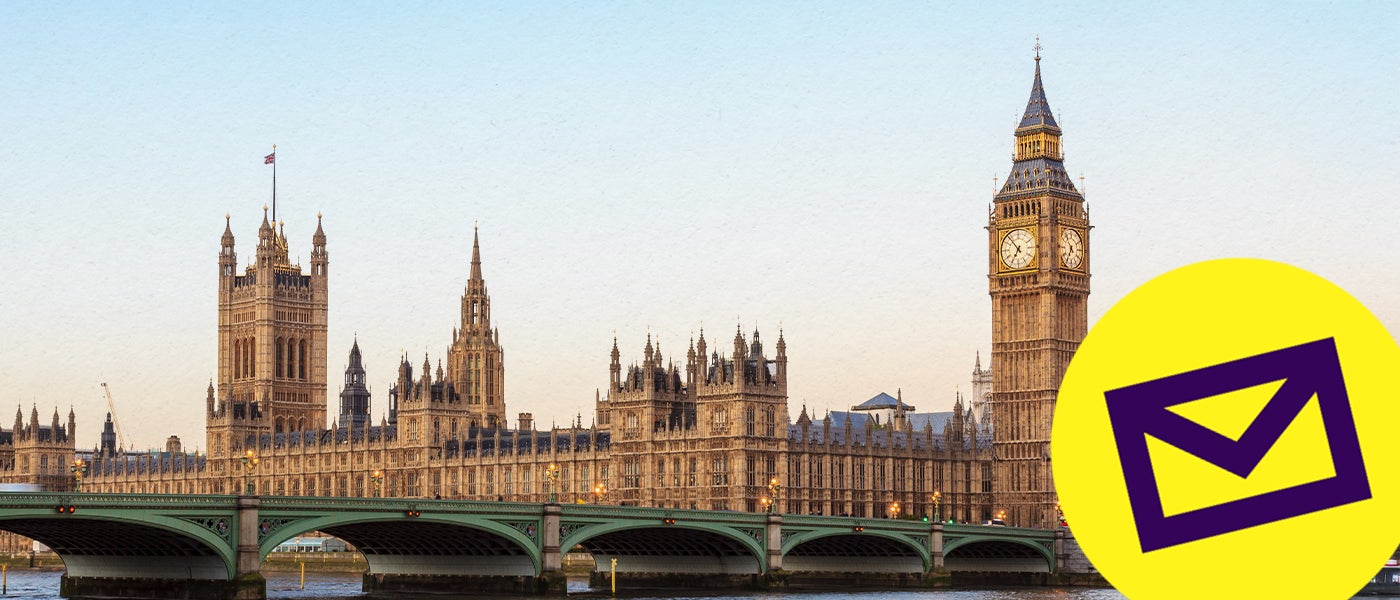- Home
- News and stories
- Train passengers had to carry me in my wheelchair
Train passengers had to carry me in my wheelchair
 7 August 2019
7 August 2019
Hello! My name is Ami, I’m 24 and live in Norfolk. I’m a wheelchair user with several disabilities. I have Sensory Ataxia, Transverse Myelitis, hearing difficulties and central vision loss.
I hope by sharing my experiences and thoughts about public transport and accessibility, that I can help raise awareness of the barriers disabled people face.
Booked assistance is often late and causes anxiety
As I have hearing difficulties and a visual impairment, I require assistance when out and about. My partner is with me on buses and my mum is with me on trains.
Before planning a journey, it’s my mum who books assistance for boarding the train – I’ve been known to make mistakes when booking things, so I stay well away from booking anything now!
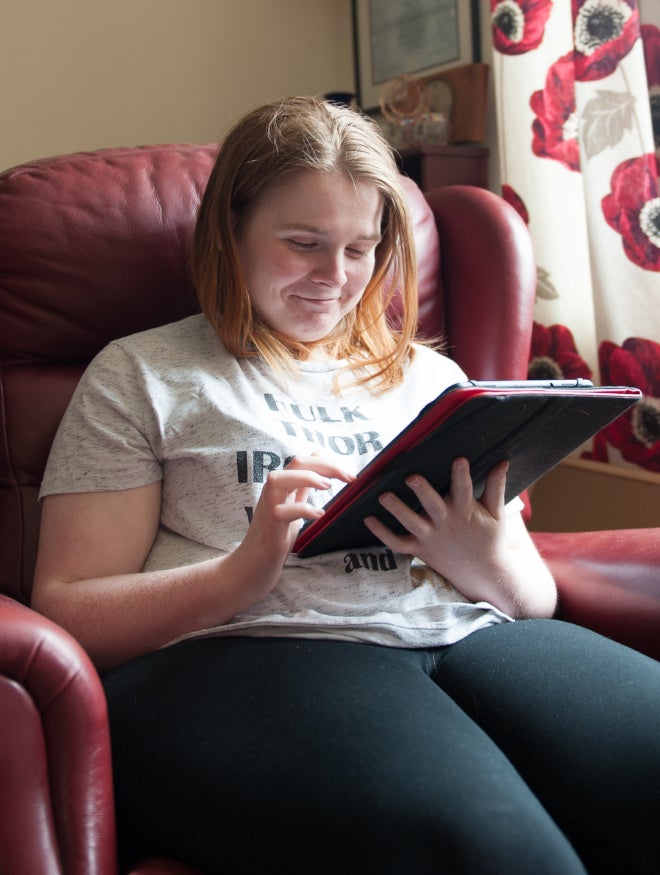
Train passengers had to lift me in my wheelchair
There have been countless times, when my mum has booked assistance and yet they don’t turn up until the last minute, causing me a great deal of anxiety.
On two occasions, other passengers have had to lift me in my wheelchair, on and off the train, because assistance never arrived. This is dangerous, not only for me, but for the passengers that are lifting me too. If it were not for their kindness, then we wouldn’t have got home, or been able to attend important appointments.
Quieter stations understandably have less staff, but they’re often more efficient when assistance is needed. It’s the bigger and busier stations that need to look into why some disabled people are not receiving a positive experience when assistance is required.
Busier stations in London, for example, have numerous members of staff. This surely would mean at least one person is always available for assistance? Yet, this isn’t the case. Staff are often just standing there, having a laugh with their colleagues.
This is what infuriates me. When disabled people need assistance to be able to travel back home, or somewhere important, but available staff are just standing there laughing. And I'm just thinking, “Hello, we'd like to get home please!”
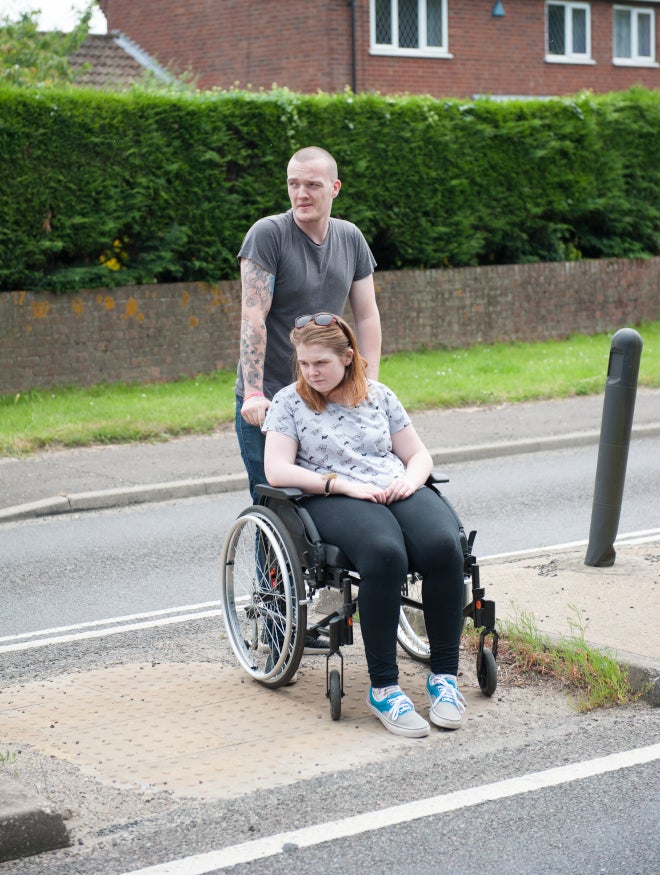
People refused to move from the wheelchair space on the bus
Until recently, all my experiences as a wheelchair user travelling on the bus have been good. But recently in our local town, it was market day and we knew the bus would be full, as they are always on a Thursday.
As the bus approached the bus stop, my partner said, “I don’t think we’ll be able to get on the bus". I replied, “I have a right to get on the bus”, and that’s what we did. The wheelchair space is classed as a priority seat.
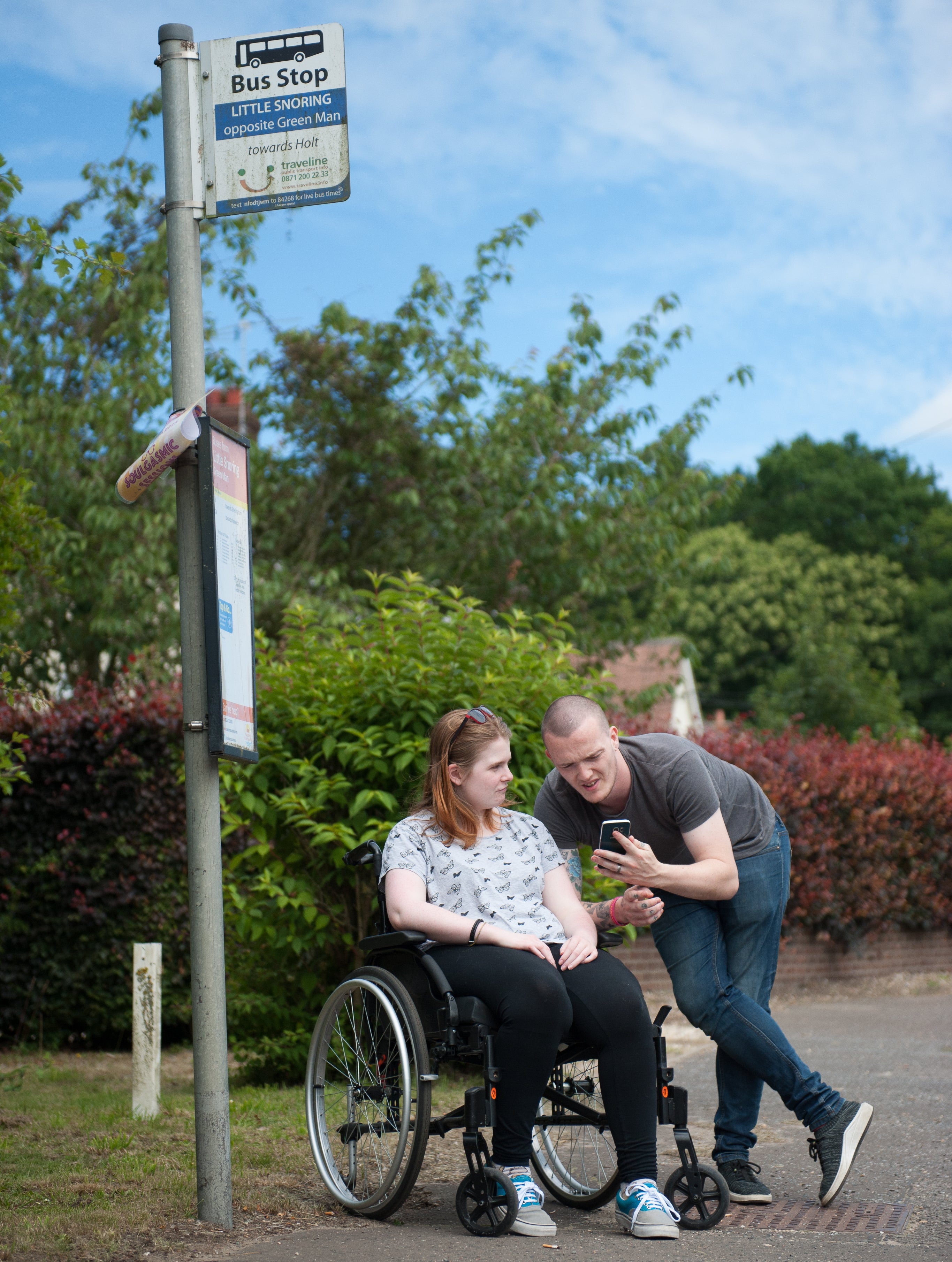
We had to get on and off the bus at every stop
As I was the only wheelchair user on the bus, I should have been allowed in that space. But because of non-disabled people using the priority seats, I ended up blocking the aisle. No one would move to another seat or offered to stand.
Passengers were constantly switching seats, standing up and sitting back. What angered me most, was when they started looking down at me. I may have central vision loss, but I have great peripheral vision.
Every time a passenger got off the bus, my partner had to get me off the bus, then get back on – all because people wouldn’t move out of the priority seats. Attitudes from the public like this are appalling.
Like every disabled person, I have a right to access public transport. Our rights should come before attitudes!
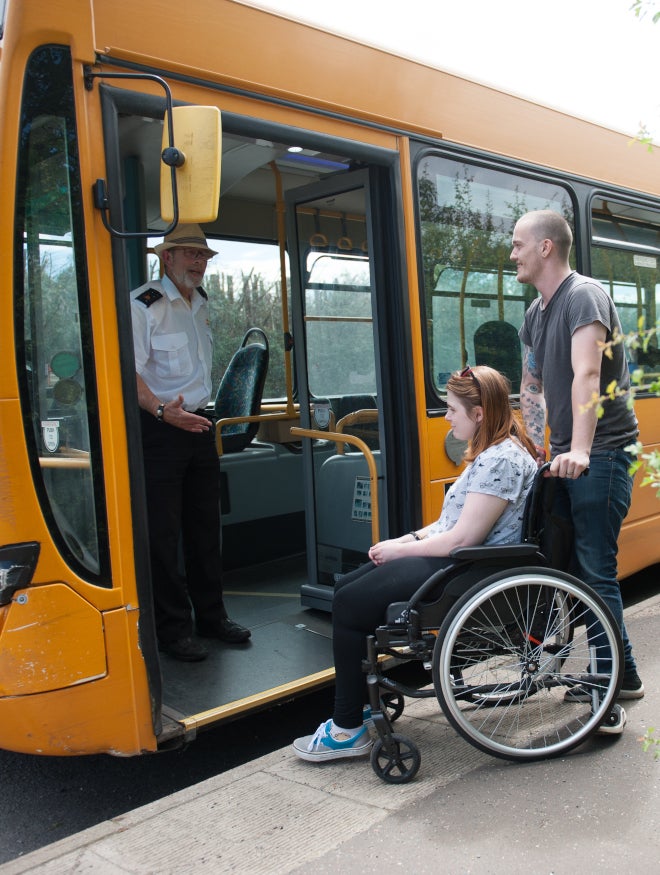
Let's make it more equal on public transport
Almost every time I’m on a bus, I notice the luggage area has not been used. Could this not be removed to make space for another wheelchair?
Smaller vehicles like cars and mini-buses can accommodate more wheelchairs than a single-decker bus can. That’s ridiculous!
On the bus I regularly use, there are about 30 seats and a single space for a wheelchair.
32 to one is simply not equal. It's time we even the odds for disabled people.
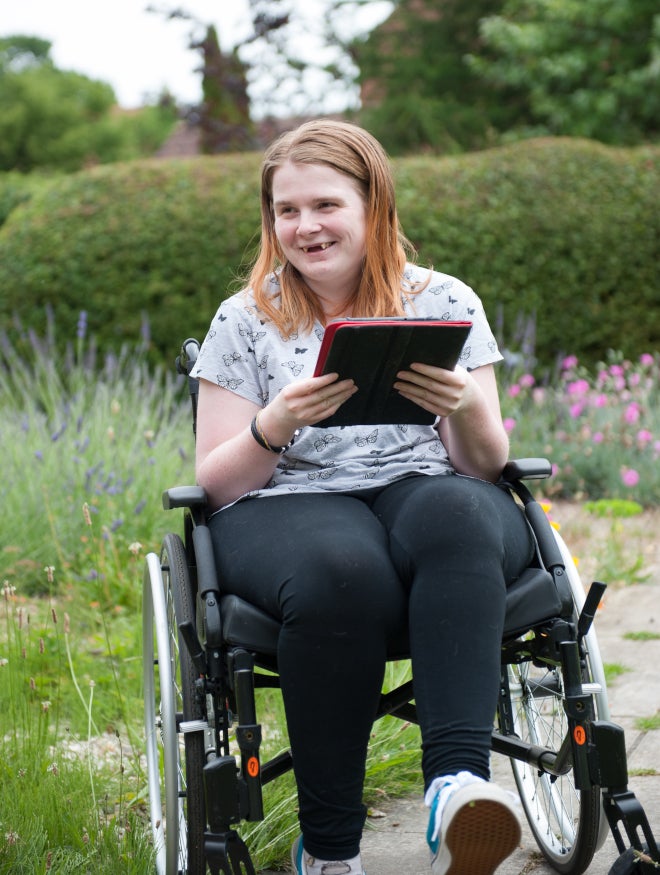
Join our campaign
We need your help to make change happen. Tell us what promises you want to see public transport companies make to make it easier for disabled people to travel.
 7 August 2019
7 August 2019


